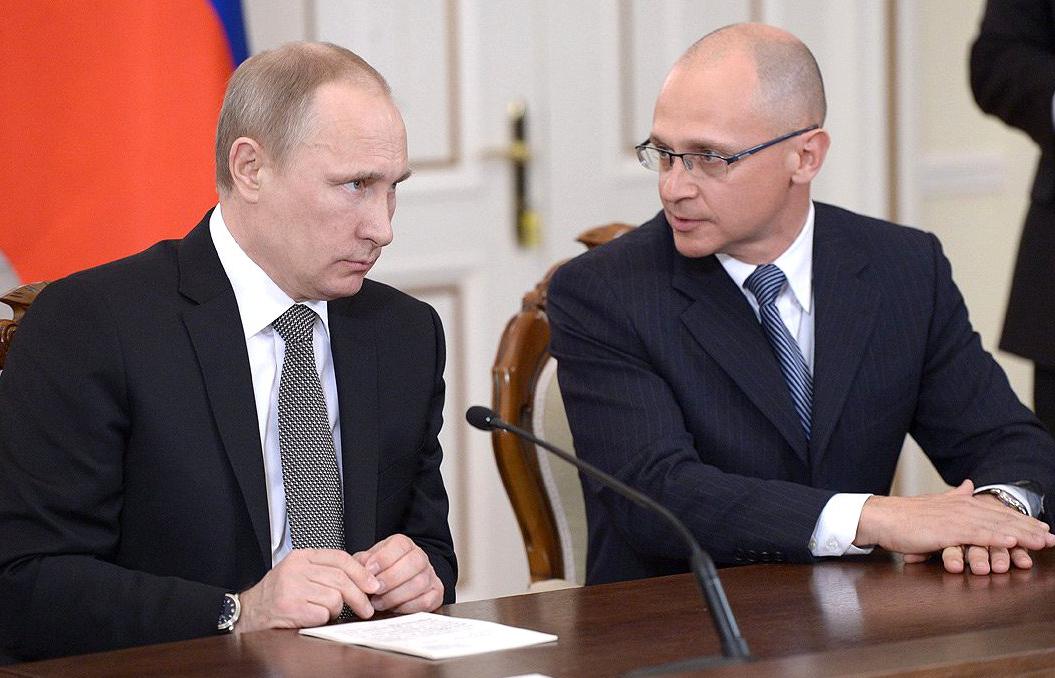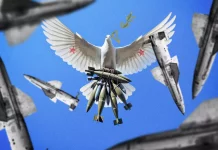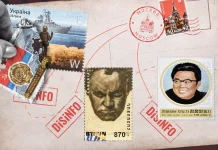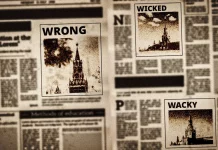
By Kevin Rothrock, The Moscow Times
The Putin administration commissioned an independent expert analysis of Russian network television, according to the news site Znak.com. The study was reportedly prepared in particular for Sergei Kiriyenko, the president’s first deputy chief of staff. Znak.com says a private company was hired to “make sense of the reality depicted on television,” and determine how well this presentation “facilitates Russia’s modernization.”
The study has not yet been made available to the public, but Znak.com correspondent Yekaterina Vinokurova says she was allowed to read an early copy.
Vinokurova says the report examines news programs (including Dmitry Kiselyov’s “Vesti nedeli” on Rossiya-1, “Chelovek i zakon” on Pervyi Kanal, “Voyennaya taina” on Ren-TV, and “Postkriptum” on TVTs), talk shows (such as “Tsentralnoye televideniye” on NTV, “Pravo golosa” on TVSt, and “Poyedinok” on Rossiya-1), and current affairs programs (like “Liniya zashchity” on TVTs and “Spetsialnyi korrespondent” on Rossiya-1).
The results of the study, according to Znak.com, are highly critical of many contemporary trends on Russian television. While researchers found that news broadcasts on Pervyi Kanal and Rossiya-1 were relatively balanced and objective, the same could not be said about the shows hosted by political pundits. These programs, the study reportedly concluded, devote much of their attention to foreign news, presented in strongly emotional terms and fixated on confrontation between Russia and the U.S., the West, and Ukraine — often in overtly military terms.
Znak.com says the study identifies Dmitry Kiselyov and Vladimir Solovyev as two archetypes of Russian TV news, with the former relying on “classic propaganda methods,” while the latter is more inclined to use “dramatic tropes borrowed from street theater,” where one guest embodies the good patriot, and another guest (often a foreigner or a disgraced figure from the 1990s) plays the antagonist’s role.
The study supposedly found that both talk shows and news programs typically depict Vladimir Putin as a national hero, while Prime Minister Dmitry Medvedev’s reputation for gaffes has attained a certain folkloric status.
Experts supposedly found that Russian television presents the subject of modernization in largely one-dimensional terms, overemphasizing technology.
“National television creates a single picture of socio-political reality, the central ideas of which are the assertion of Russia’s sovereignty in a hostile foreign environment, state paternalism, patriotic values, and using foreign threats to justify economic and social problems,” the report’s authors concluded, according to Znak.com. The study apparently says that Russian national television largely ignores the country’s domestic political agenda, as well as the interests of social organizations and individual citizens.
According to Znak.com, researchers warn that Russian television’s tendency to “inflate negative and disturbing narratives” poses the risk of “escalating emotional tensions” nationally.
By Kevin Rothrock, The Moscow Times





